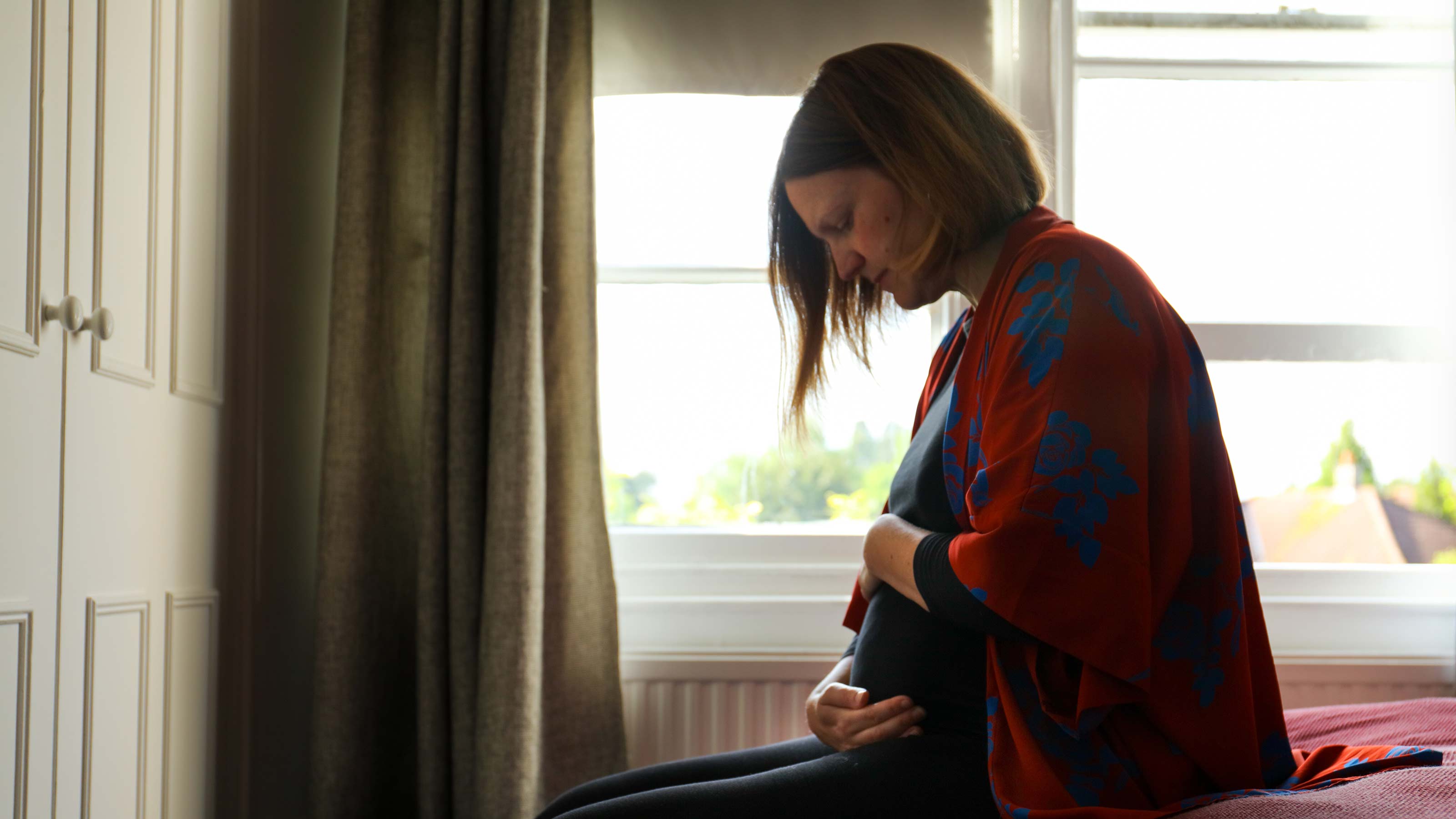Diversity in clinical trial participation matters
Editor’s note: Ohio State’s Center for Clinical and Translational Science (CCTS) is now known as the Clinical and Translational Science Institute (CTSI) as of August 2024.
By the year 2045, those identifying as Black, Indigenous and People of Color (BIPOC) will no longer be the minority of the U.S. population (U. S. Department of Commerce Economics Statistics Administration, 2017). BIPOC, specifically Black or African American people, also face higher rates of morbidity and mortality than non-Hispanic White people related to chronic diseases like cancer, cardiovascular disease and diabetes.
“Only 7% of clinical trial participants are Black or African American”U.S. Food & Drug Administration, 2020
Lack of diversity in clinical trial participation thus will perpetuate health disparities among Black American people.
As clinicians and scientists, we have an ethical obligation to increase clinical trial participation and ensure that innovations and breakthroughs found from future science equitably benefit Black Americans. Participant-related barriers linked to poor engagement of BIPOC identifying individuals include mistrust, lack of comfort with processes, lack of information, time and resources constraints and lack of awareness (Clark et al., 2019). However, there are also barriers imposed by scientists, including neglecting to ask individuals to participate in trials, designing studies with strict inclusion criteria and failing to deliver information in a culturally humble manner (Scharff et al., 2010; Unger, Cook, Tai, & Bleyer, 2016).
We must partner to overcome all barriers in order to promote health equity.
At The Ohio State University, the three of us as clinician scientists have banded together to change the narrative in clinical trial participation. We have partnered with Genentech to host “Health Equity through Diversity: From Communities to Clinics to Clinical Trials,” a community-facing webinar series that brings together individuals from health systems, academia, community, government and biopharmaceutical companies.
The first of four webinars touting a dynamic speaker panel of clinician scientists, clinical trial participants, U. S. government officials and biopharmaceutical representatives engaged more than 250 global attendees in a brainstorming breakout session around the topic, “Clinical Trials and Underrepresented Minorities (URM): Mistrust, Misconceptions, Missed Opportunities and Moving Forward to Enhance Diversity.” This interactive series is yielding important next steps detailing how we can move toward advocating for and engaging communities in building diversity in clinical trial participation. We hosted a total of four webinars in 2021 that spoke to opportunities across the healthcare spectrum to both build and leverage diversity to improve equity and outcomes in all of our communities.
Not only are we looking to provide a blueprint for creating clinical trial diversity through collating information from the webinar series, but we are also actively engaged in the process of creating clinical trial diversity here in Columbus alongside multi-sector partners. We are proud to co-lead the Black Impact project, a community-based lifestyle intervention that placed 74 Black men onto teams that included a health coach, personal trainer and community health worker, plus exercise equipment and a gym membership.
The Black Impact project had excellent recruitment and retention even in the midst of the pandemic, resulting in overall improved cardiovascular health for the men involved. The men also received education on how to champion clinical trial participation among their friends, family members and acquaintances in a Black Impact session with Jeff Grever of The Ohio State University’s Center for Clinical and Translational Sciences Community Scientist Academy.
To uplift Black women to achieve total wellness through provision of education, access to resources and partnership in science, we have established "Partnering in Negating Statistics (P.I.N.S.) for Black Women." Considering the disruption of services caused by the pandemic over this past year, it is a prime opportunity to engage the Black community and provide resources as well as research opportunities. The first venture in this initiative is a community health fair in partnership with the African American Male Wellness Agency, with honorary chair of the event Trudy Bartley, associate vice president for local and community relations at The Ohio State University.
At this and related events, participants will experience biometric screenings, cancer awareness and screenings, dietary education, physical activity, engagement with event partners, food, fun, games and clinical trial information. The first family-friendly “Uplift Her” event welcomed a wonderful and engaged crowd on August 12 at the Signature Flight Support Hanger at John Glenn Columbus International Airport.
Diversity in clinical trial participation matters. The Ohio State University is a leader in ensuring diversity in clinical trials and transforming healthcare delivery that will lead to longer and better quality of life for the Black community and beyond.
Timiya S. Nolan is an assistant professor at The Ohio State University College of Nursing and a nurse scientist at The James Comprehensive Cancer Center’s Department for Nursing Research. Joshua J. Joseph is an assistant professor at The Ohio State University College of Medicine. Darrell M. Gray II is chief health equity officer at Anthem, Inc.
Special acknowledgements
We want to recognize and thank John Gregory, founder of the National African American Male Wellness Agency, and Dr. Gerren Wilson, director of inclusion strategy and partnerships at Genentech, for their partnership in our clinical trial participation endeavors.
References
Clark, L. T., Watkins, L., Piña, I. L., Elmer, M., Akinboboye, O., Gorham, M., . . . Regnante, J. M. (2019). Increasing Diversity in Clinical Trials: Overcoming Critical Barriers. Current Problems in Cardiology, 44(5), 148-172. doi: https://doi.org/10.1016/j.cpcardiol.2018.11.002
Scharff, D. P., Mathews, K. J., Jackson, P., Hoffsuemmer, J., Martin, E., & Edwards, D. (2010). More than Tuskegee: understanding mistrust about research participation. J Health Care Poor Underserved, 21(3), 879.
U. S. Department of Commerce Economics Statistics Administration, U. C. B. (2017). 2017 national population projections tables: main series. Retrieved from U. S. Food & Drug Administration. (2020). 2015-2019 DRUG TRIALS SNAPSHOTS SUMMARY REPORT: Five-Year Summary and Analysis of Clinical Trial Participation and Demographics, Silver Spring, MD.
Unger, J. M., Cook, E., Tai, E., & Bleyer, A. (2016). The Role of Clinical Trial Participation in Cancer Research: Barriers, Evidence, and Strategies. Am Soc Clin Oncol Educ Book, 35, 185-198. doi:10.1200/edbk_156686

Transforming health and improve lives locally, nationally and globally
The Ohio State University College of Nursing is building dreams, discovering solutions and delivering impact
Read how we're doing it




